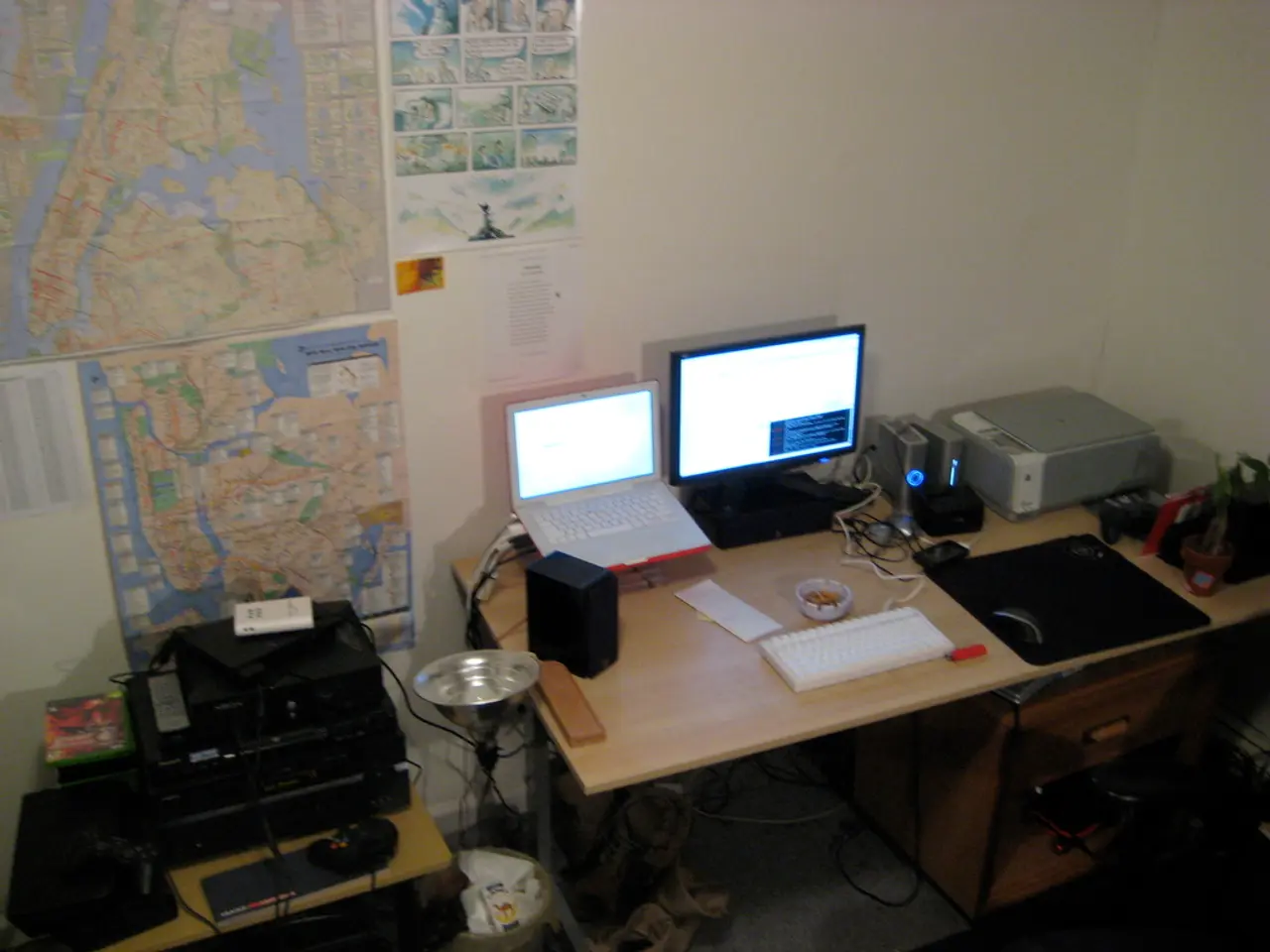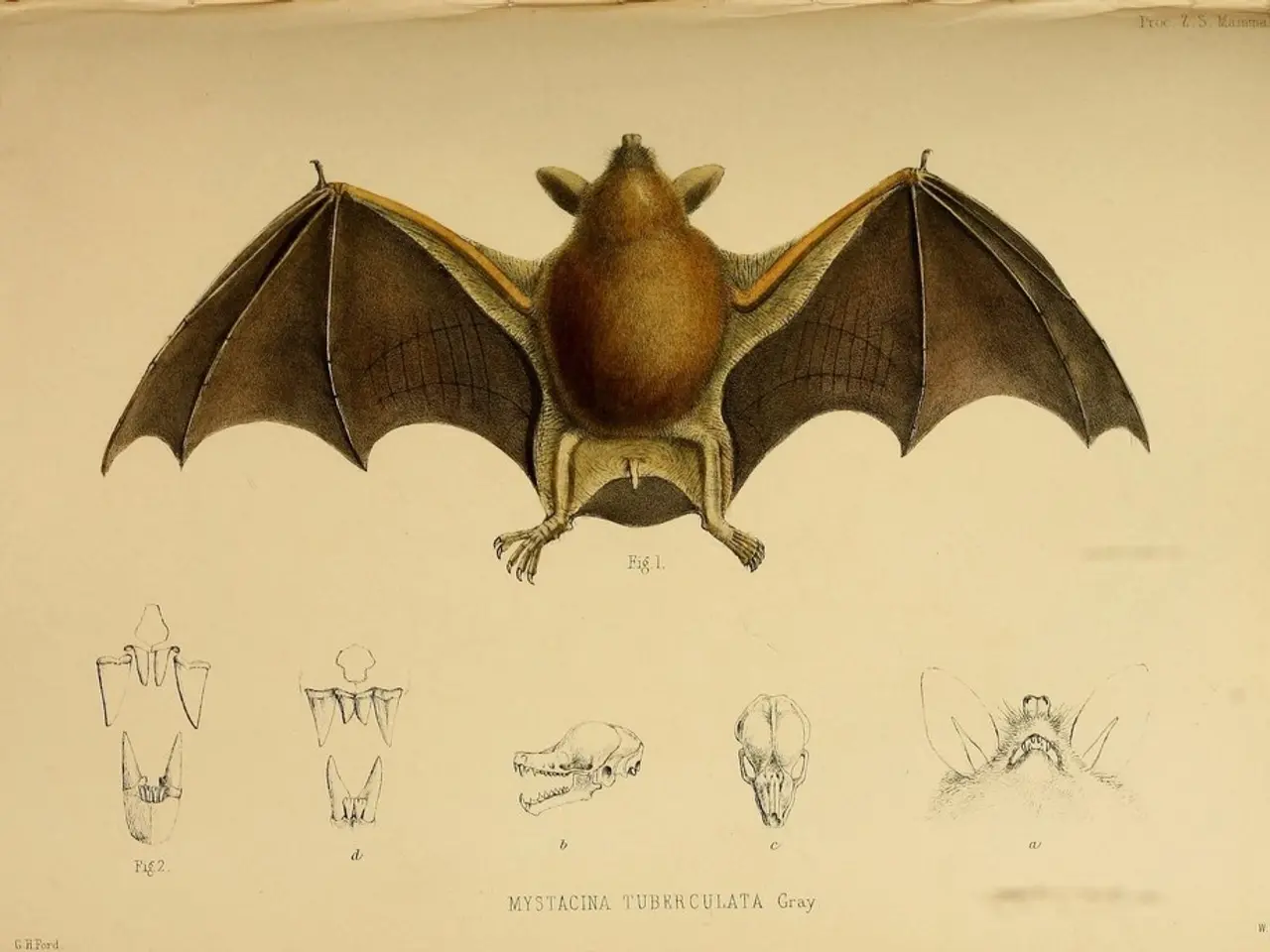American businesses eagerly pursue opportunities in the U.S., undeterred by tariffs
Amidst ongoing tariff negotiations between the US and Taiwanese companies in the contract electronics industry, concerns over potential additional tariffs on Taiwanese goods persist[1]. The US administration is considering an extra 20% tariff on top of existing ones, causing worry among Taiwanese industrial groups, particularly those supplying electronics components[1].
The Taiwanese Trade Negotiations Office is actively pushing for more reasonable tariff rates with the US, but as of early August 2025, no final agreement or significant de-escalation in tariffs specific to the contract electronics sector has been reported[1]. Meanwhile, the US government, under Executive Order 14257, is adjusting reciprocal tariff rates with some trading partners based on negotiations on trade and national security alignment. However, Taiwan continues to face additional ad valorem duties as efforts to resolve trade imbalances continue[2].
Despite these challenges, Taiwanese electronics companies are determined to expand their North American footprint. Inventec Corp, for instance, has received regulatory approval for an $85 million investment in a new server facility in the US, with mass production scheduled to begin in Q1 2022[3]. Inventec's production and shipping plans are not affected by the latest tariff announcement.
Quanta Computer Inc, another major player, has operations in the US, Taiwan, Thailand, and Europe. The company is likely to continue expansion in Tennessee and Mexico to meet customer demand. Quanta announced a NT$67.24 million investment in its US subsidiary, Quanta Manufacturing Nashville LLC, to upgrade facilities and expand AI server production[4].
Compal Electronics Inc, operating plants in Indiana and Mexico, primarily producing automotive electronic components, has also expanded its presence in North America. Specific product categories will be announced once tariff rates are finalized[5]. Compal's official statement indicates that, as discussions with customers are ongoing, they will respond accordingly once a concrete policy is in place.
Wistron Corp, which maintains a presence in the US and distributes production across Taiwan, North America, Southeast Asia, and Europe, is in talks with customers to align capacity with their site preferences. Capacity at Wistron's Mexico facilities remains unchanged following Trump's 90-day extension of tariffs[6]. Wistron received approval for a $455 million investment to build facilities in Texas, with mass production scheduled to begin in Q1 2022, subject to the outcome of negotiations regarding tariff costs[7].
As the tariff negotiations continue, the sectoral tariffs on information and communications technology products remain unclear. The outcome of negotiations between Wistron and its clients regarding tariff costs is pending. Any potential tariffs would be fully borne by customers, a fact that underscores the importance of a swift and fair resolution to these ongoing negotiations.
References: 1. Taiwan News 2. Focus Taiwan 3. Reuters 4. TechNode 5. Digitimes 6. Reuters 7. TechCrunch
- Concerns about additional tariffs on Taiwanese goods in the contract electronics industry have prompted the Taiwanese Trade Negotiations Office to seek more reasonable tariff rates with the US [1].
- Amidst expansion plans of Taiwanese electronics companies like Inventec, Compal, and Wistron in North America, the outcome of negotiations between these firms and their clients regarding potential tariffs remains uncertain [3, 5, 7].




